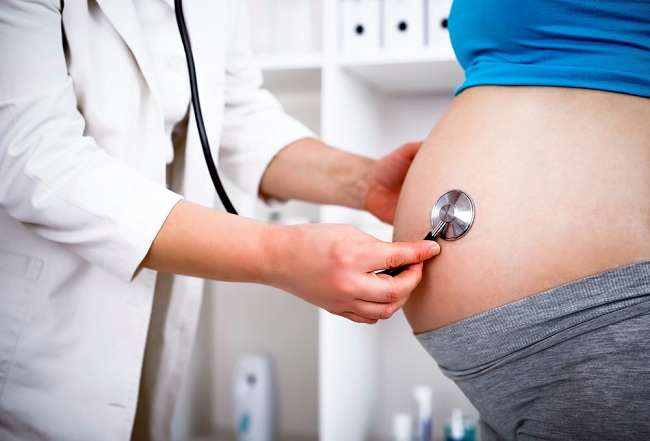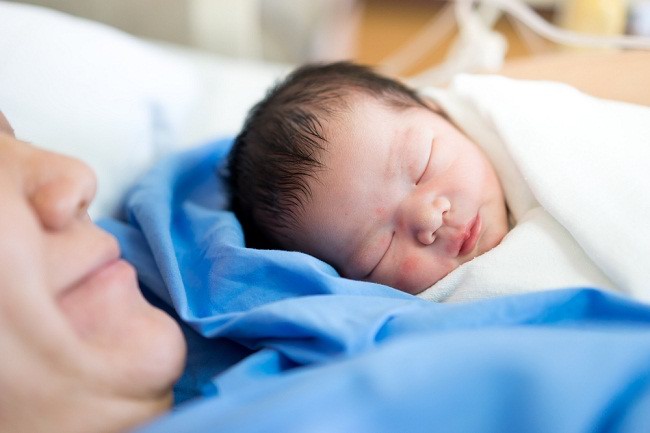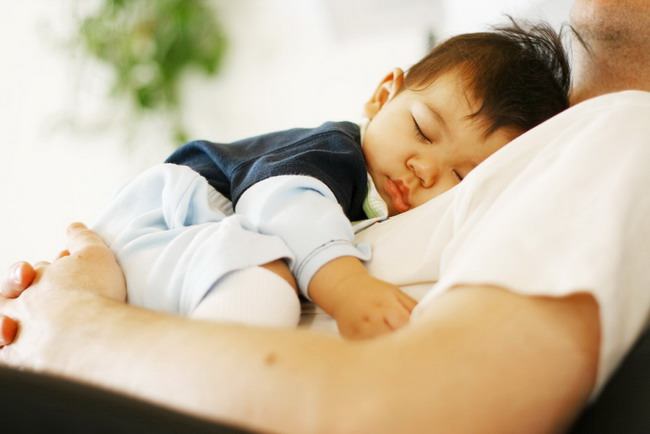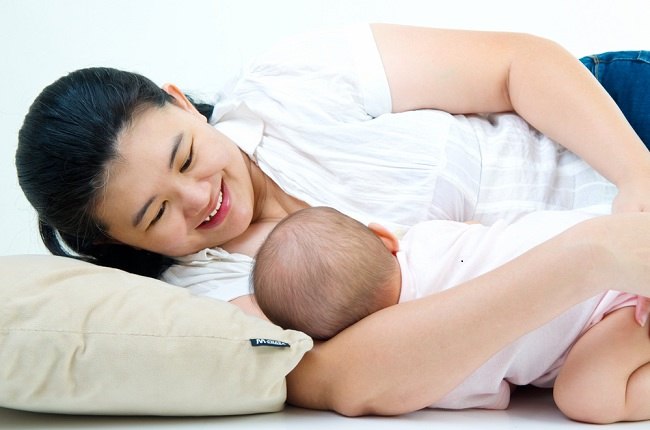Missing or late menstruation is one of the most commonly recognized early signs of pregnancy. However, it also usually occurs in women who have irregular menstrual cycles. Besides being late for your period, there are some early signs of pregnancy that you can recognize.
Early signs of pregnancy can appear when the gestational age reaches about 1-2 weeks. However, there are some women who may experience signs and symptoms of pregnancy when they are 6 or 8 weeks pregnant.

The early signs of pregnancy that are felt can be different for each woman. In fact, women who have been pregnant many times may experience different early signs of pregnancy in each pregnancy.
Early Signs of Pregnancy that Often Occur
The following are some of the common early signs of pregnancy:
1. Bleeding from the vagina
Spots of blood coming out of the vagina is the earliest sign of pregnancy. This condition, called implantation bleeding, is caused by the attachment of the embryo or future fetus to the uterine wall.
Spots or spotting signs of pregnancy that come out of the vagina due to implantation bleeding are usually pink, red, or brown in color and last for 1-3 days. This bleeding is often accompanied by mild abdominal cramps and usually appears around 1–4 weeks of pregnancy.
Because the characteristics are similar to each other, many women find it difficult to distinguish between implantation bleeding and bleeding due to menstruation.
In addition to blood spots, some women may also experience normal vaginal discharge in early pregnancy. This is caused by thickening of the vaginal wall shortly after the egg is fertilized by a sperm cell.
2. Late menstruation
After the embryo attaches to the uterine wall, the woman's body will start producing hormones human chorionic gonadotropin (hCG) to prepare the body for pregnancy.
When the amount of this hormone increases, the ovaries or ovaries will stop releasing eggs, so that menstruation will be late or menstruation will not come at all. This usually occurs within about 4 weeks after the egg is fertilized.
However, apart from being pregnant, a woman's late or cessation of menstruation can also be caused by other factors, such as hormonal disturbances, fatigue, stress, drastic weight gain or loss, side effects of drugs, to certain diseases, such as thyroid disorders and polycystic syndrome. ovaries.
3. Nausea and vomiting
Nausea and vomiting during pregnancy or morning sickness It usually starts around 2-8 weeks of gestation. Even though it's called morning sickness, nausea and vomiting do not only occur in the morning, but can occur at other times, either in the morning, afternoon, evening, or at night.
This early sign of pregnancy usually occurs in the first trimester of pregnancy and will subside on its own in the next trimester. However, there are also pregnant women who experience nausea and vomiting throughout pregnancy or in excess. This condition could be caused by hyperemesis gravidarum which needs to be treated by a doctor immediately.
4. Changes in the breasts
When pregnant, the breasts will become swollen, painful, and feel denser. Not only that, the area around the nipple (areola) will also turn black. This happens due to an increase in pregnancy hormones in the body. This early sign of pregnancy can occur when the gestational age enters the first or second week.
5. Fatigue
About 1 week after the egg is fertilized, pregnant women will feel more lethargic, tired, and often sleepy. This normal condition is caused by rising levels of the hormone progesterone during pregnancy.
To increase energy, pregnant women are advised to eat foods rich in protein and iron to relieve the symptoms or early signs of pregnancy.
6. Frequent urination
Frequent urination is also an early sign of pregnancy. The reason is the increased amount of blood in the body during pregnancy, so the kidneys will filter more blood. This makes the amount of urine that must be excreted by the body will increase.
If you experience the various early signs of pregnancy above, you can do a pregnancy test independently using test pack. If the test result is negative but you think you are pregnant, try to get tested test pack again next week.
If the test results show you are positive for pregnancy, now is the time for you to start undergoing an obstetrical examination to the obstetrician. In addition to evaluating your health condition and that of your womb, your doctor will also give you tips and suggestions that you can do to keep your pregnancy healthy.









